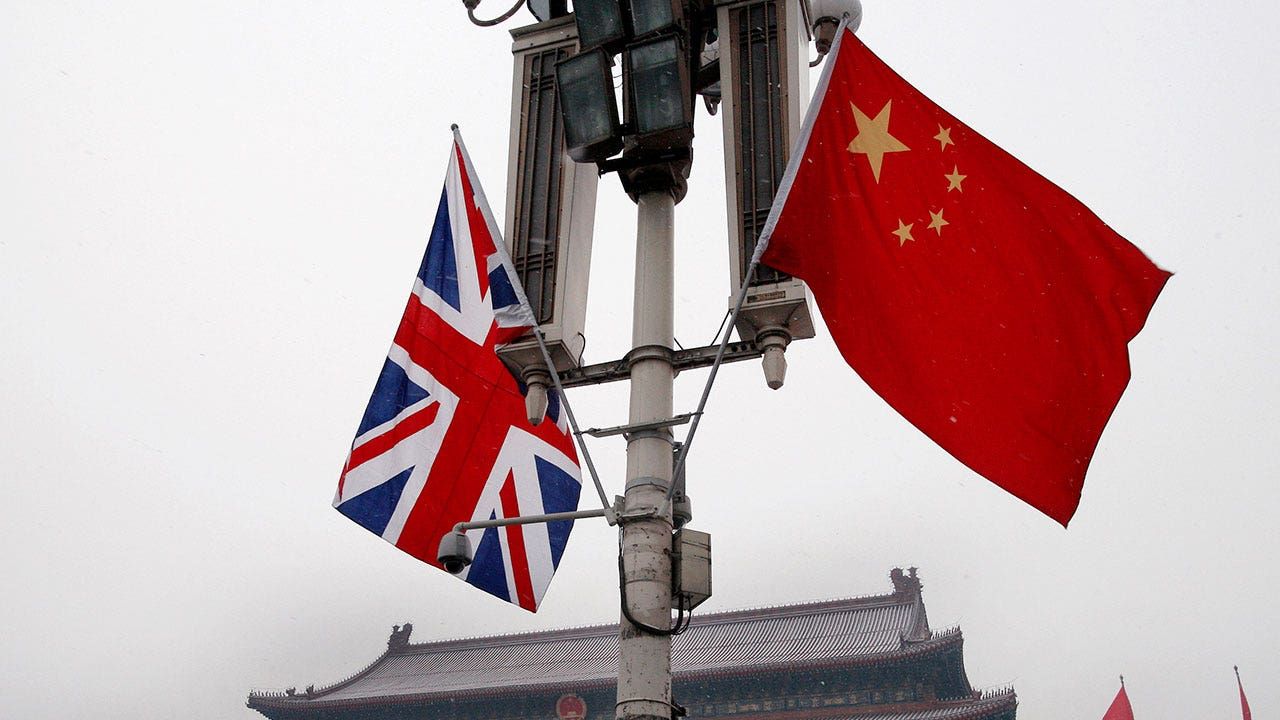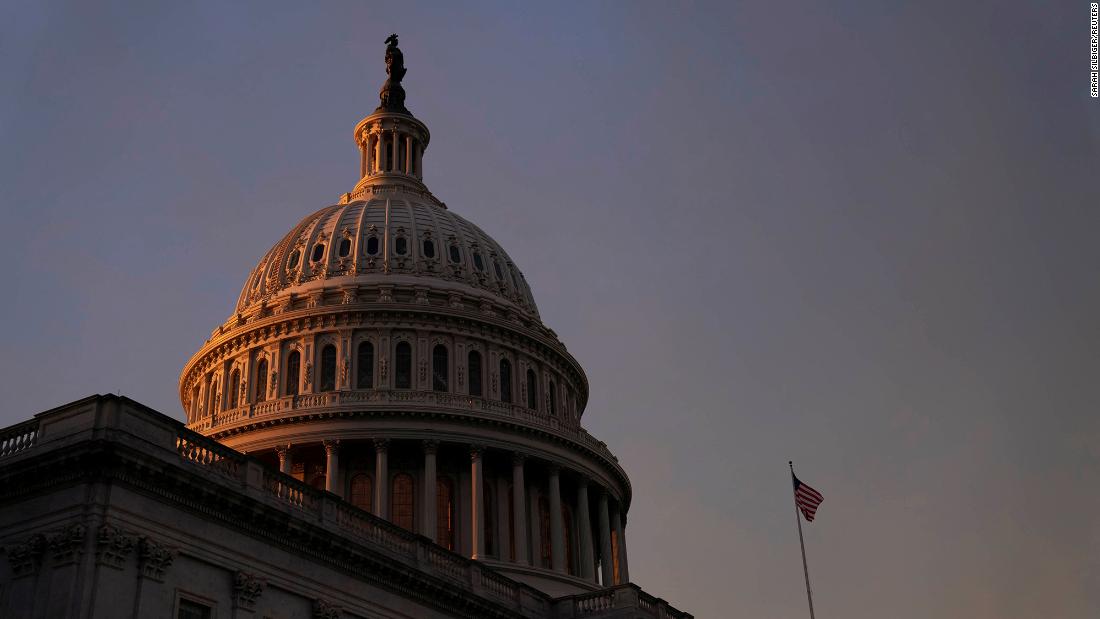- Ian J. Stones, a former British businessman in China, was sentenced to five years in prison in 2022 on an espionage charge.
- Stones was found guilty of providing intelligence to “external forces,” according to Foreign Ministry spokesman Wang Wenbin.
- The UK government was previously warned of the risk of detention under China's national security laws.
Beijing confirmed on Friday that a British businessman with a long history in China had been sentenced to five years in prison in 2022 on a charge of espionage.
Ian J. Stones was convicted of being bought to provide intelligence to “external forces,” Foreign Ministry spokesman Wang Wenbin said when asked about the case at a daily briefing. He did not provide any specific details about the charges.
Both the UK and US governments have warned of the risk of detention under China's national security laws. An employee of a Japanese pharmaceutical company was arrested last year on suspicion of espionage. A new version of the law that took effect on July 1, 2023 has raised concerns about operating in China.
CHINA'S 'PROLIFIC' SPY SCHEME TRIES TO 'HUNT' BRITISH POLITICIANS AND DEFENSE OFFICIALS, UK GOVERNMENT SAYS
Stones' case did not become publicly known until The Wall Street Journal reported on it Thursday. The American business newspaper said Stones is in his 70s and has worked in China for about 40 years. His employers included General Motors and Pfizer before he created a consulting firm, Navisino Partners, about 15 years ago, the Journal said.
British and Chinese national flags are displayed in front of Tiananmen Gate in Beijing, China, January 17, 2008. Beijing confirmed on January 26, 2024 that veteran British businessman Ian J. Stones was sentenced to five years in prison . prison in 2022 on a charge of Chinese espionage. (AP Photo/Andy Wong, File)
Foreign business organizations and governments last year called for greater clarity on what foreign companies can do under what is now known as the anti-espionage law. Of particular concern are tighter restrictions on the transfer of data to other parties and what data is considered related to national security under the law.
Raids on the offices of three foreign companies, two consultancies and a due diligence firm have further unnerved the business community.
The British government warns of the risk of arbitrary detention in China and the broad reach of the national security law. “You can be detained without having intended to break the law,” he says in his foreign travel advice for the country.
CHINA ARRESTS SUSPECT ACCUSED OF SPYING FOR BRITAIN'S SECRET INTELLIGENCE SERVICE
The US travel advisory says Chinese authorities “appear to have broad discretion to consider a wide range of documents, data, statistics or materials as state secrets and to detain and prosecute foreign nationals for alleged espionage.”
It says foreigners who have been detained for alleged violations of the national security law include businessmen, former government officials, academics, journalists and relatives of Chinese people involved in legal disputes.
Stones appealed his conviction, but a court upheld the original ruling in September, Wang said.
He said the case was handled “in accordance with the law, ensuring the legitimate rights and interests of the Chinese and foreign parties involved.”












